CIMAM 2023. Day 3: How Can Museums Collect, Preserve and Protect Cultural Heritage While Creating New Communities?
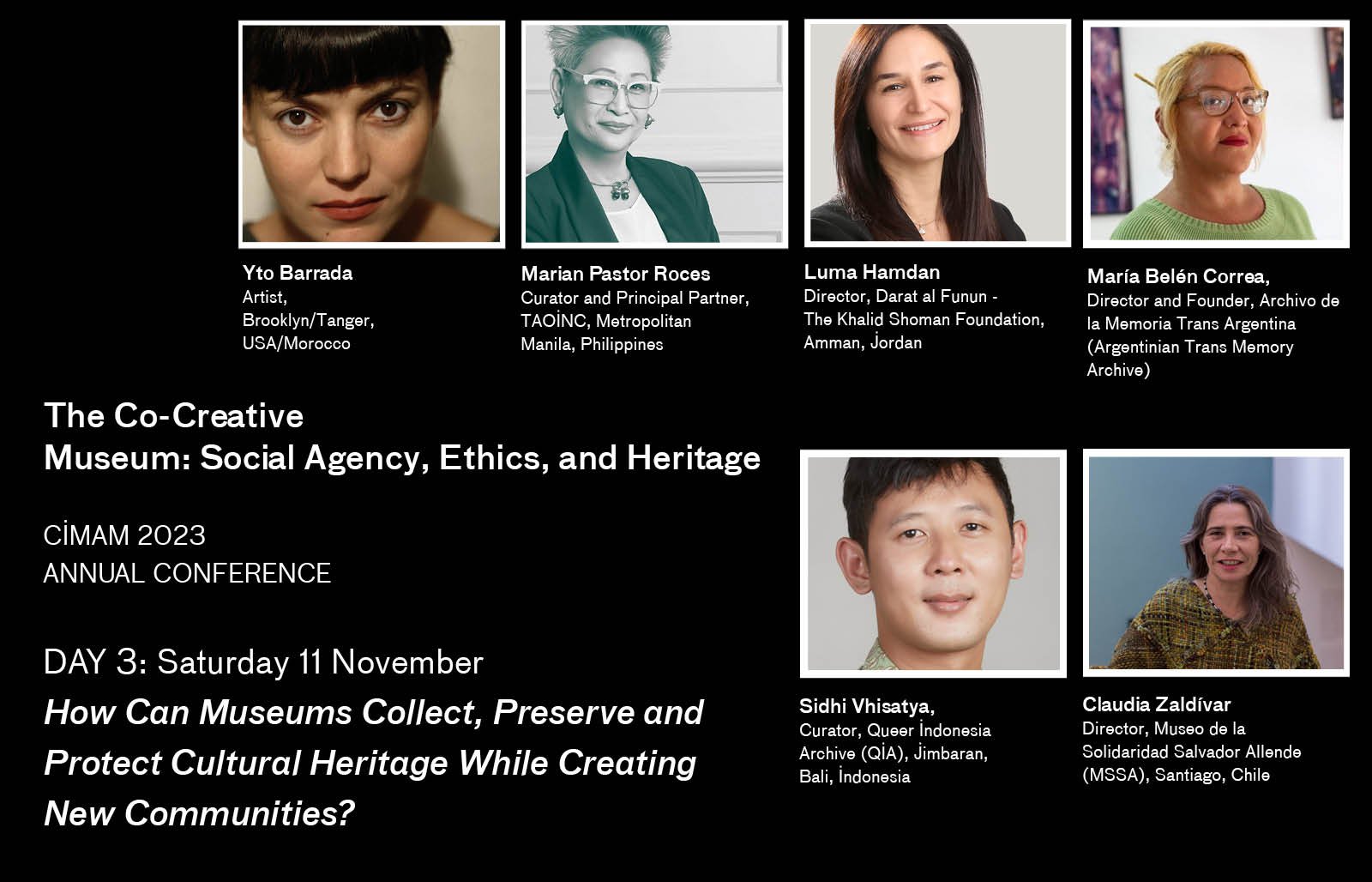
How Can Museums Collect, Preserve and Protect Cultural Heritage While Creating New Communities?
Day 3 is intended as an organic continuation of the debates and discussions begun during the second day of the Conference. Museums have a responsibility to preserve but also to honour situated histories, materials and archives that embody past heritages and steer us towards different futures. Museums are learning not only to preserve, but to become and remain respectful to the premises and values of the communities which such materials belong to.
Guest Speakers
- Yto Barrada Artist, Brooklyn/Tanger, USA/Morocco
- Marian Pastor Roces Curator and Principal Partner, TAOINC, Metropolitan Manila, Philippines
- A Dialogue between María Belén Correa, Director and Founder, Archivo de la Memoria Trans Argentina (Argentinian Trans Memory Archive), Hanover, Germany, and Sidhi Vhisatya, Curator, Queer Indonesia Archive (QIA), Jimbaran, Bali, Indonesia
- Luma Hamdan Director, Darat al Funun - The Khalid Shoman Foundation, Amman, Jordan
- Claudia Zaldívar Director, Museo de la Solidaridad Salvador Allende (MSSA), Santiago, Chile
→ Conference Abstract 2023
→ Register here
Yto Barrada
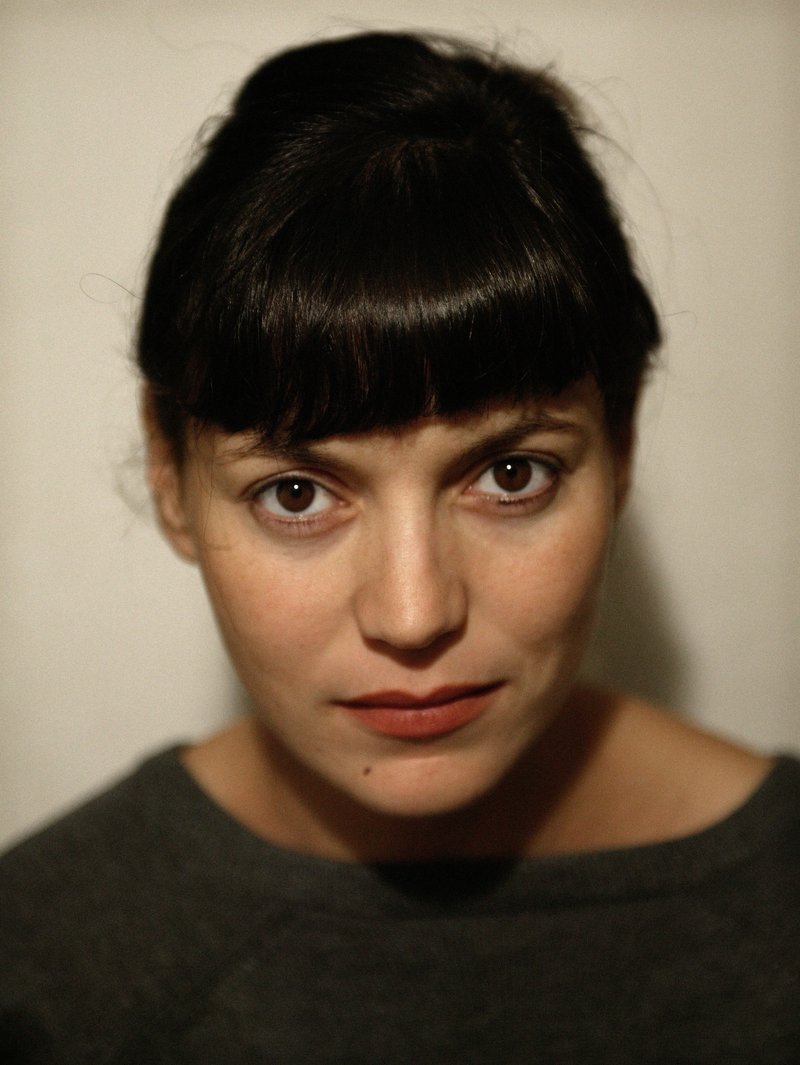
Yto Barrada, Artist, Brooklyn/Tanger, USA/Morocco
Yto Barrada (Paris, 1971) is an artist recognized for her multidisciplinary investigations of cultural phenomena and historical narratives. Engaging with archival practices and public interventions, Barrada’s installations uncover subaltern histories and celebrate everyday ways of reclaiming autonomy.
Her work has been exhibited by Tate Modern, the Museum of Modern Art (MoMA), the Metropolitan Museum of Art, the Renaissance Society, the Walker Art Center, the Whitechapel Gallery and The Power Plant Contemporary Art Gallery. She is the founding director of the Cinémathèque de Tanger (Cinéma RIF). Barrada is currently setting up The Mothership, Tangier, an eco-feminist research centre and residency centred around a dye garden.
Marian Pastor Roces
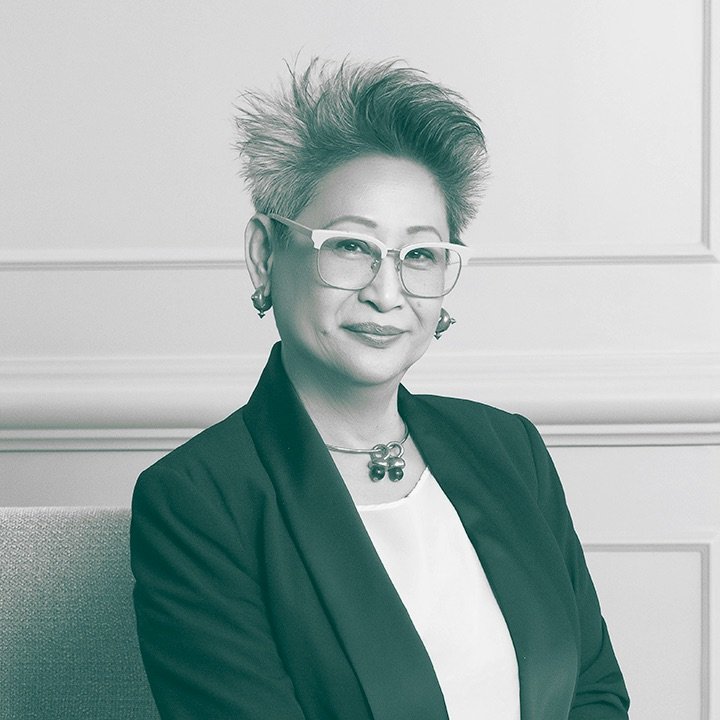
Marian Pastor Roces, Curator and Principal Partner, TAOINC, Metropolitan Manila, Philippines
Marian Pastor Roces is an independent curator, cultural critic, and policy analyst working out of her base in Manila, Philippines. She founded and leads TAOINC, a corporation that curates the establishment of museums and develops exhibitions, parks, and publications. TAOINC recently accomplished the creation of the Cultural Center of the Philippines online museum, for which Roces supervised the creation of a new decolonizing Accession Record System (ARS). Her current project is a cross-cultural museum in an island province only now moving on from 50 long years of sectarian war.
An internationally published author, Roces’s writings have addressed: the biennale form, in Over Here: International Perspectives on Art and Culture, MIT Press (2007), and The Biennale Reader, Bergen Kunsthall/Hatje Cantz [2010]; museology, in House of Glass: Culture, Modernity, and the State in Southeast Asia, ISEAS Publishing, Singapore (2001); diverse cultural material, in What to Let Go?, Para Site International Conference (at press 2023); the intersection of contemporary art and human agony, in ‘Transitional Justice and Eroded Institutions’, Areté, Ateneo de Manila Press (2022); art and entropy, in Climates. Habitats. Environments., MIT Press (2022). Gathering: Political Writing on Art and Culture, an anthology spanning 45 years, was published in 2019 by the Museum of Contemporary Art and Design, Manila, and Art Asia Pacific, Hong Kong.
María Belén Correa
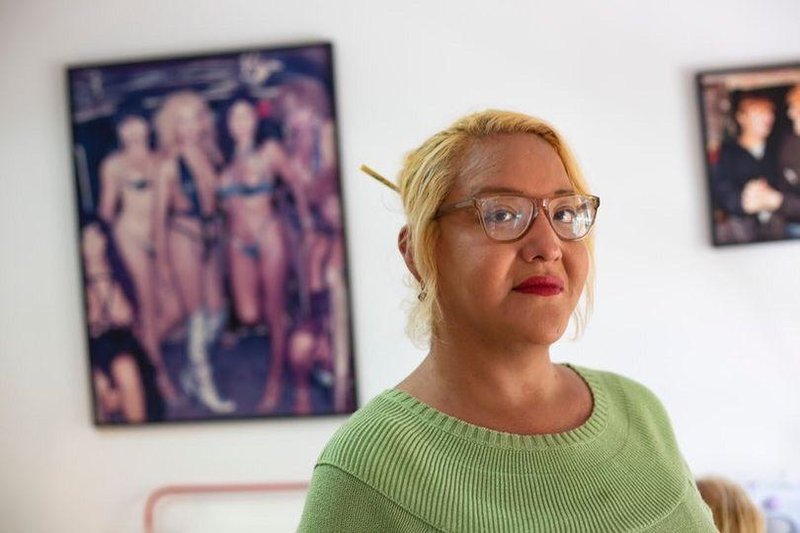
María Belén Correa, Director and Founder, Archivo de la Memoria Trans Argentina (Argentinian Trans Memory Archive), Hanover, Germany
María Belén Correa (Olivera, 1973) is a well-known Argentinian trans activist for the rights of sexual minorities, LGBTI people and especially trans-sexual people. On 25 June 1993, together with Claudia Pía Baudracco and other activists, she founded the Asociación de Travestis de Argentina [Association of Transvestites of Argentina], of which she was president between 1995 and 2001, later renamed the Asociación de Travestis, Transexuales y Transgénero de Argentina [Association of Argentinian Travestis, Transsexuals and Transgender] (ATTTA). During her exile in New York, she founded the Red Latinoamericana y del Caribe de Personas Trans [Latin American and Caribbean Network of Trans People] (REDLACTRANS) in 2004 with Paty Betancourt and, in the same year, collaborated in the creation of the Santamaria Fundación, Colombia, an LGBTI foundation of which she is seen as the godmother. In 2005, she created the TransEmpowerment NY project, reliant on the Lower East Side Harm Reduction Center, a day centre for drug-dependent LGBTI people in south Manhattan, and, in 2006, Mateando, the first New York group for LGBTI people from Argentina and Uruguay, as part of the Latino Commission on AIDS and the SOMOS programme. In memory of the high number of trans-sexual companions murdered or dying from HIV/AIDS complications, the application of liquid silicones, lack of access to health and abandonment by the state, in 2012, she created the Argentinian Trans Memory Archive, with the intention of recovering and preserving the historical memory of the transexual community. In 2019, she founded Cosmopolitrans, a group working to help migrant trans people in Germany.
Sidhi Vhisatya
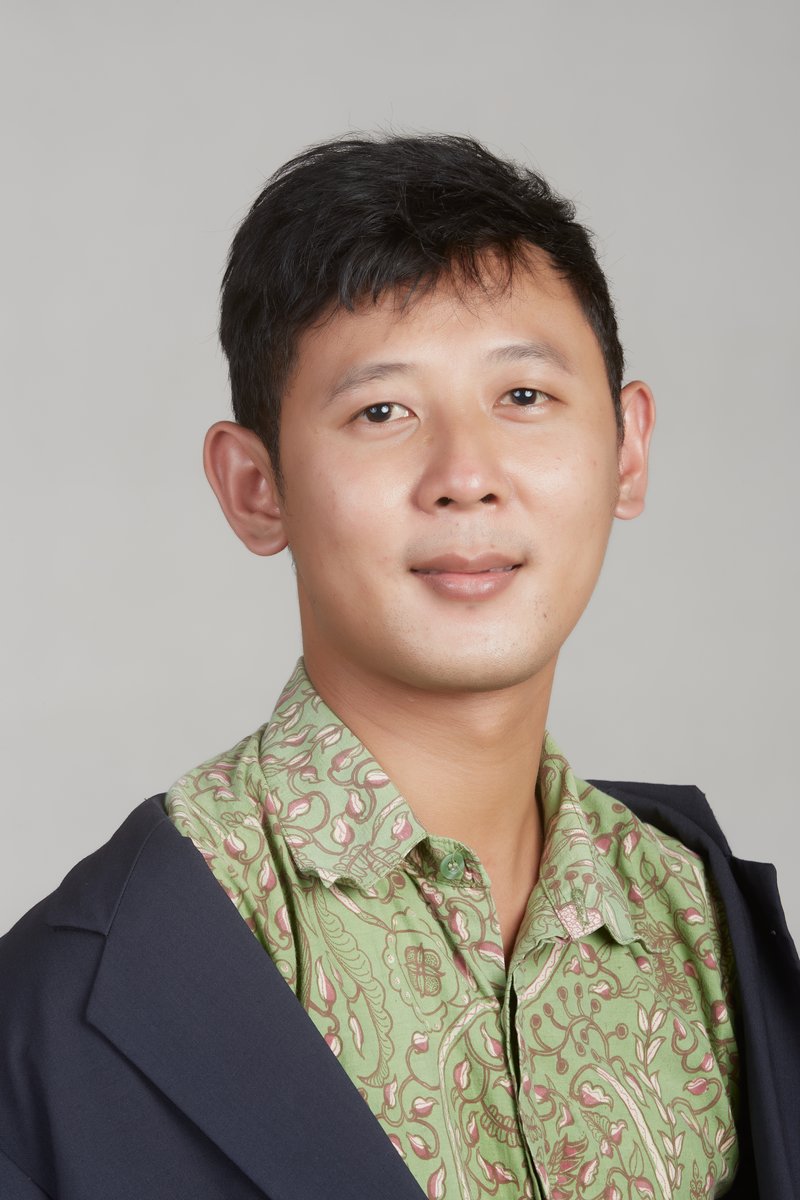
Sidhi Vhisatya, Curator, Queer Indonesia Archive (QIA), Jimbaran, Bali, Indonesia
Sidhi Vhisatya is a queer art practitioner, curator, programme manager and researcher based in Bali, Indonesia. He has been a member of the Queer Indonesia Archive management collective since 2020, focusing on curating exhibitions and managing field trips to collect material. His professional focus is to flag up storytelling and public histories as key human rights and community engagement tools for queer issues. With QIA, he has curated the exhibition, ‘AIDS and Queers in Indonesia’, telling the history of HIV in Indonesia with a focus on the response from queer communities. In 2022, he presented Merekam, Mencari and Menemukan, a post residency digital exhibition showcasing the trajectories of queer movements in Yogyakarta. In the same year, he was given a Prince Claus Seed Award, which he used to platform the live experience of queer Catholics in Indonesia. In early 2023, he completed research tracing the journey of trans acceptance in Maumere, East Nusa Tenggara. He is currently working to assist the Art et al. X Ketemu partnership project, Bali, which brings together disabled and contemporary artists to collaborate on new artworks or curatorial works. He is also a full-time Programme and Outreach Manager at Saka Museum, Bali, a museum dedicated to preserving and celebrating Balinese culture.
Luma Hamdan
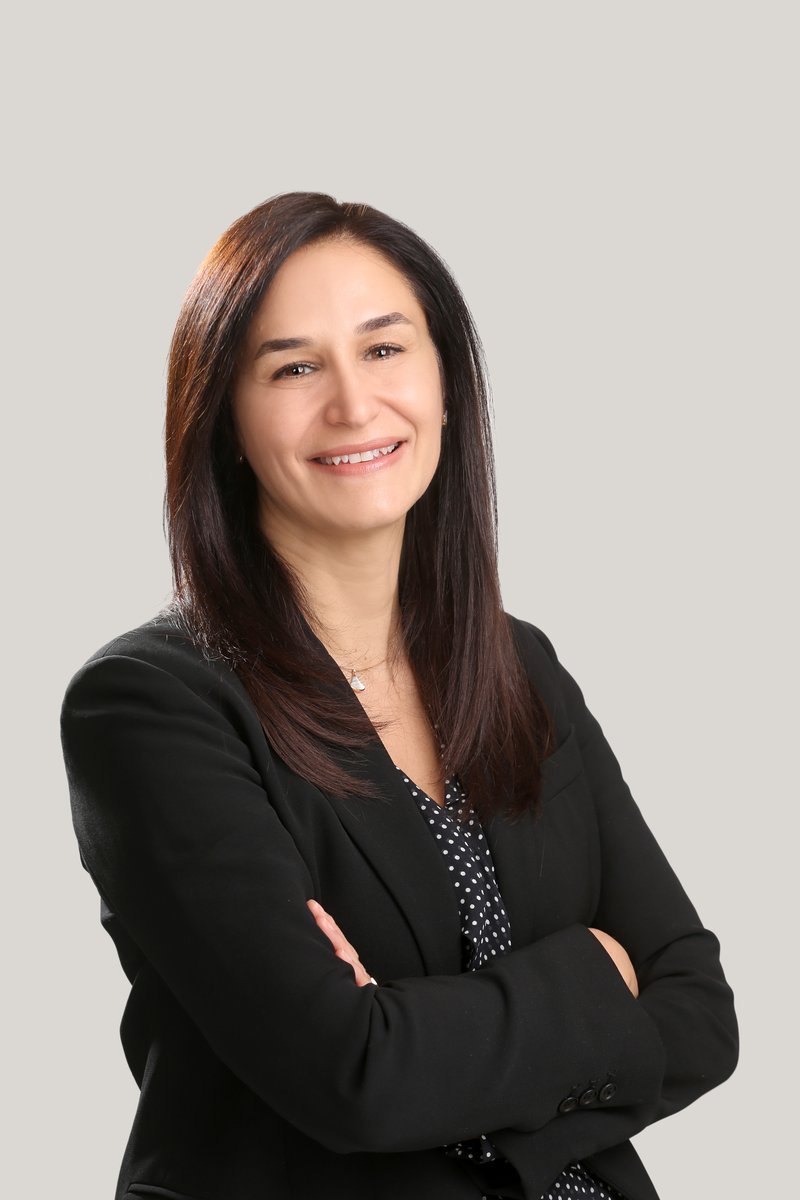
Luma Hamdan, Director, Darat al Funun - The Khalid Shoman Foundation, Amman, Jordan
Luma Hamdan has been Director of Darat al Funun (DaF) – The Khalid Shoman Foundation since 2014. DaF – meaning “a home for the arts” – is a pioneering art foundation located in Amman, Jordan, providing a platform for exchange and supporting contemporary Arab artists in Jordan and the Arab world since 1988. She oversees the overall operations including the development of the annual exhibition programme and weekly activities, as well as finance, digital information systems and human resources.
Hamdan also leads and supervises the implementation of educational programmes and training workshops aimed at supporting national and international capacity building. These include an international residency exchange programme, a PhD fellowship established in 2011, the Summer Academy and the Lab for innovative youth projects. She represents DaF at global conferences, and expands and consolidates networks of collaborative partnerships with peer institutions and universities to exchange and produce knowledge. She also oversees the digitisation of the Foundation’s archives and the preservation of the Khalid Shoman Collection. Hamdan is also an ex-officio member of the Darat al Funun Advisory Board.
From 2008–13, Luma worked as Executive Director for the Arab Foundations Forum (AFF), a network of regional grant-making foundations that promotes strategic philanthropy in the Arab world. From 2001–05, she worked as an Economic Development Bureau consultant for Arab Countries at the World Intellectual Property Organization (WIPO) in Geneva, Switzerland.
Claudia Zaldívar
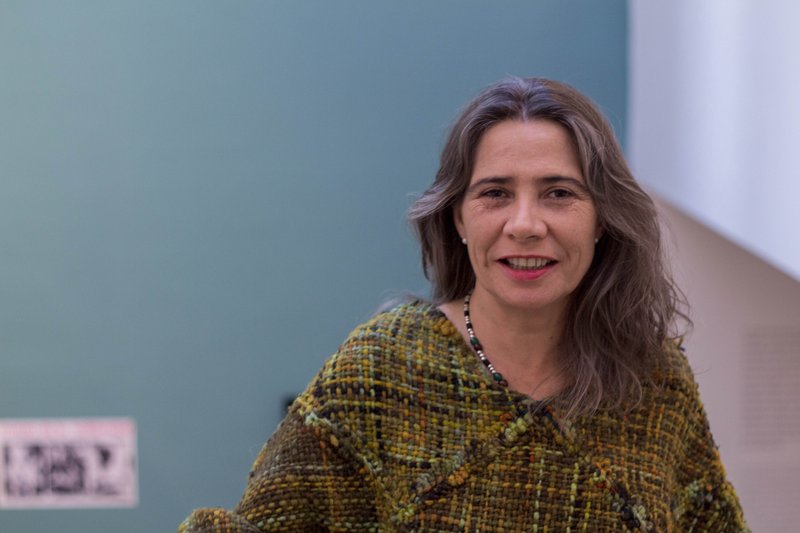
Claudia Zaldívar, Director, Museo de la Solidaridad Salvador Allende (MSSA), Santiago, Chile
Claudia Zaldívar is an art historian and expert in cultural policy. Since 2012, she has been Director of the Museo de la Solidaridad Salvador Allende (MSSA). Prior to that, she was Director of the Gabriela Mistral Gallery in Santiago (2002–10). She has organized significant exhibitions, including Juan Downey: Instalaciones, Dibujos y Videos [Juan Downey: Installations, Drawings and Videos] (1995) and JAAR/SCL/2006, Sala de Arte Telefónica – gGM, Santiago, Chile (2006). She also has been editor and co-editor of numerous publications, including Arte y política (with Nelly Richard and Pablo Oyarzún), two MSSA catalogues raisonnés (2013 and 2017) and many exhibition catalogues.